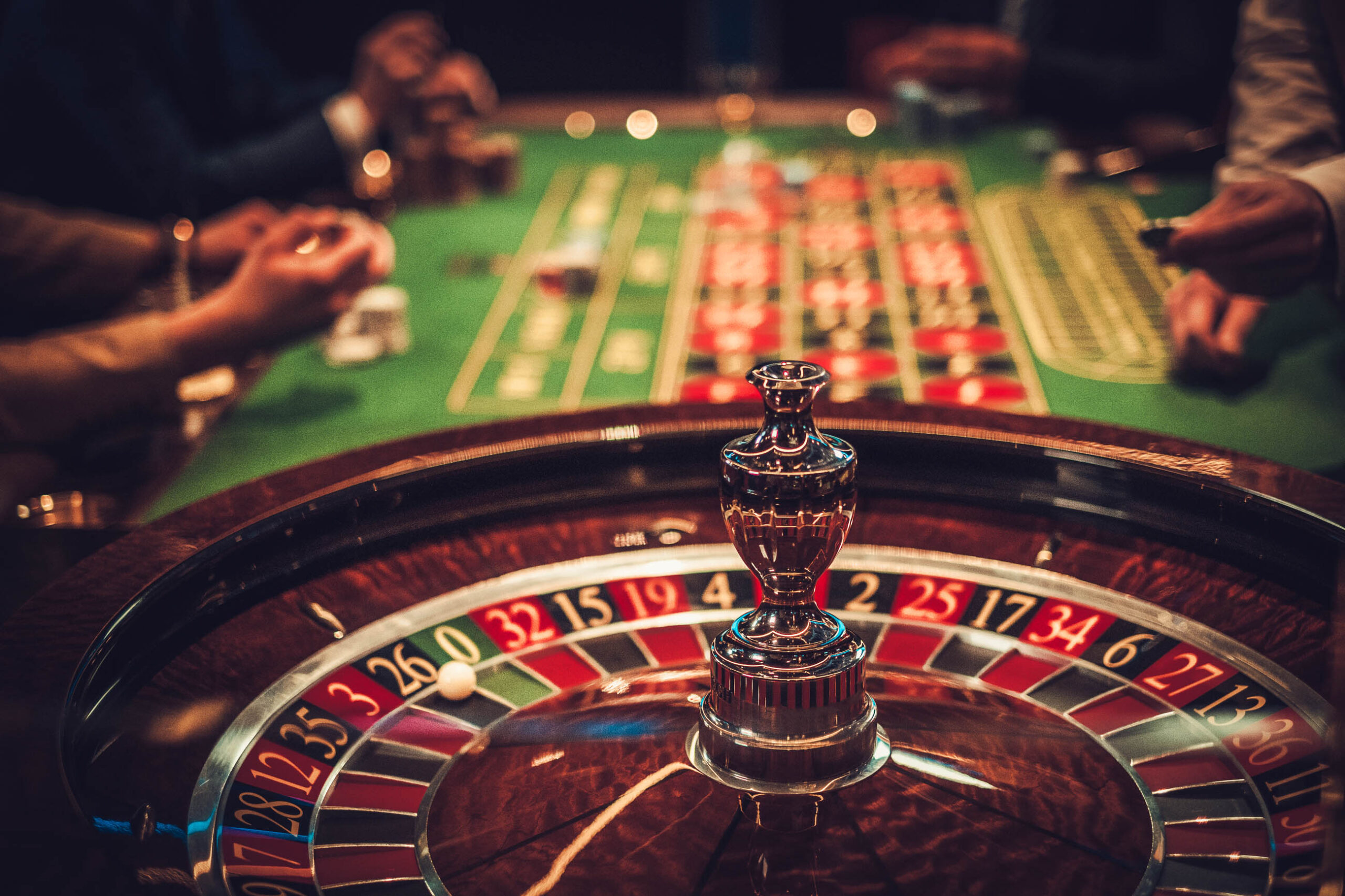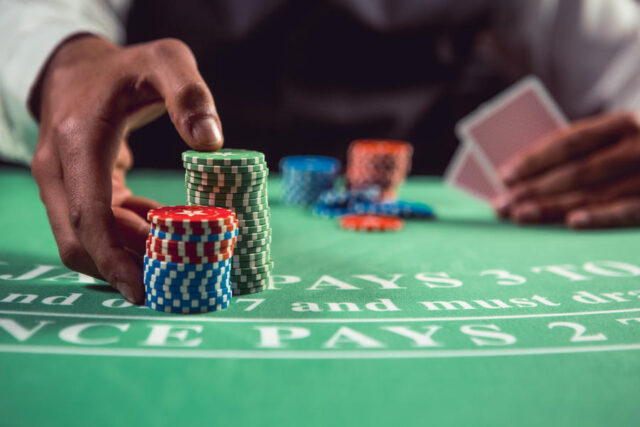
Gambling has been a part of human culture for centuries and can provide excitement, challenge, and entertainment. For some, it can have powerful emotional appeal, leading to a change in their psychology and behavior. Gambling can be seen as a form of escape that helps individuals manage feelings of insecurity or distress, while it can also increase feelings of power and control over their lives.

The Appeal of Slots and Casinos
Slots and casinos occupy an intriguing place in our culture. The appeal of casino games — from the bright lights of slot machines to the thrill of betting at tables — is undeniable. But what draws us to such games, and why do so many people create lifelong addictions?
Exploring the psychology behind why we love – and sometimes hate – slots and casinos can help answer a lot of questions. From the fear of loss to social acceptance, a look into what makes these types of gambling enticing can shed light on why they’re so popular.
For many, slots offer an exciting escape from everyday life, allowing us to relax and let go. The colorful flashing lights combined with the intoxicating noise of money being won or lost can be incredibly appealing. It’s no surprise that people find it hard not to be mesmerized by all that’s going on around them! Similarly, the feeling of excitement at the casino tables often serves as a distraction from worry or stress for those who frequent them regularly.
Many people nowadays choose online gambling as a form of relaxation. There are so many options out there – from games available to bonuses and discounts that can be won. One such site is https://www.rivernilecasino.com/online-slots/.
The Thrill of Risk-Taking
Gambling and risk-taking are closely linked in many cultures around the world. From bungee jumping to skiing off-piste, people are drawn to all kinds of activities that contain an element of risk. So why is a risk such a compelling driver?
Risk-taking can bring feelings of low-level fear or excitement, depending on your outlook. Some people thrive on the challenge and rush that risk provides, while others find it too stressful or anxiety provoking. The degree to which one enjoys or loathes the sensation is highly individual, but psychologists agree on some common factors that play into our willingness to take risks.
One factor is our perception of reward when taking a risk. In gambling, for instance, hitting the jackpot would be greatly rewarded with a large financial gain whilst losing does not come with much consequence at all – apart from potentially feeling deflated for perhaps taking too big a bet! This opportunity for win/win scenarios can seem great enough for us to take the plunge in gambling games like slots or poker where most outcomes have little to no loss attached!

The Social Aspect of Gambling
Beyond the thrilling sensation of the win, there is a social aspect to gambling that draws many players in. It offers a shared experience, and with online casinos, social media, and apps that allow players to interact with one another, it can be a fun way to catch up with friends or make new ones across the world. With each round of betting, players also get an opportunity to bond over their mutual love for gaming and their shared competitive streak.
Additionally, playing in physical casino halls or at exclusive land-based tournaments has become increasingly popular due to its unique atmosphere. It can be easy to feel like you’re part of a close-knit community when playing against your peers or friends for big prizes.
The Role of Emotion
When someone experiences a win – more money than they entered with – they generally feel very satisfied. This feeling teaches us that gambling can provide us with rewards of both money and gratification. It is not just the outcome of a gamble but also the process of betting itself that gives us pleasure and encourages us to keep going despite the potential loss.
However, we must contextualize this feeling within an understanding of addiction and the potential for harm. Studies have consistently linked problem gambling behavior to high levels of distress and emotion dysregulation, which can lead to impulsivity, poor decision-making, and financial stressors such as debt or overspending. It is essential to remember that excessive emotional involvement in gambling could potentially result in large losses or a compulsion to continue playing even when no longer enjoyable or potentially costly.

The Role of Luck in Gambling
Luck is an intrinsic part of gambling and fundamentally influences decisions made by players. Luck is considered to be good fortune that brings random and unpredictable results. It plays an important role in human behavior as it can often be a deciding factor when it comes to taking risks or playing safe. Games rely heavily on luck; therefore, players shift their focus from the odds and probability to the potential reward involved in each gamble. This creates an illusion that a gambler stands a better chance of winning at his gambles if he continues playing for longer periods of time than usual.
The Impact of Gambling on Mental Health
Though we commonly think of the effects of gambling on physical health, such as from sitting for long periods at a casino table, there are numerous implications for mental health as well. Research indicates that problem gambling can have a profound negative impact on mood. It is associated with low self-esteem, depression, and anxiety as well as anger, guilt, and shame. The thrill of winning can lead to excessive risk-taking behavior and neglect of family responsibilities or loss of job opportunities due to financial problems exacerbated by gambling.
Prolonged exposure to gambling behaviors has also been linked to a greater likelihood of substance abuse such as alcohol, nicotine, and other drugs in an effort to extend the pleasurable feelings experienced while playing slots or other forms of gambling in casinos. Losses incurred while playing may lead some gamblers to resort to criminal activities just to fuel their continued illicit involvement in casinos or slot machines.

Concluding Thoughts
Gambling is a complex but fascinating behavior. The psychological aspects of gambling are still being studied and better understood, which helps us to understand why people continue to be drawn to slots and casinos despite the potential risks. Despite these risks, gambling can also provide rewards that allow people to take risks in other areas of their lives with greater confidence. It’s important for players to remain responsible while they pursue these rewards and make sure they understand the rules and regulations of any casino or game before playing.









